
A Sweeping Revision That Speaks to How English Literature Is Taught Today
From the Middle Ages to the twenty-first century, The Norton Anthology of English Literature, Eleventh Edition, showcases exciting authors, works, and textual clusters that demonstrate the relevance of literature to contemporary students and trace the creative arc that has yielded the ever-changing and ever-fascinating body of material called English literature.
Complete this form to receive Digital Access (Instructors Only)
Features of the Eleventh Edition
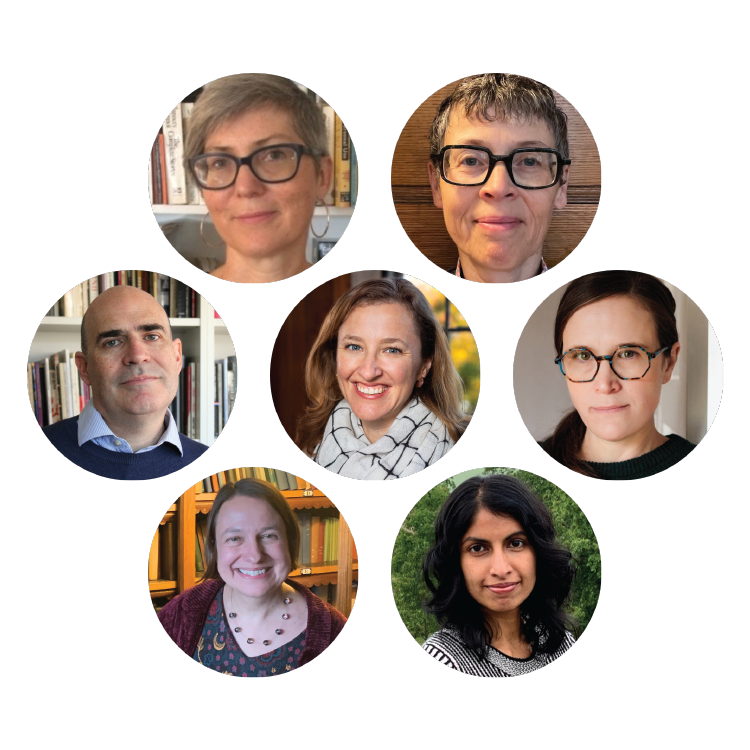
Seven new editors take the anthology into the Eleventh Edition and beyond.
Seven new editors, all active teachers, have chosen exciting texts that will engage today's students. Through fresh introductions and headnotes, this new editorial team places the anthology’s works in the context of their time and examines them through a contemporary lens.
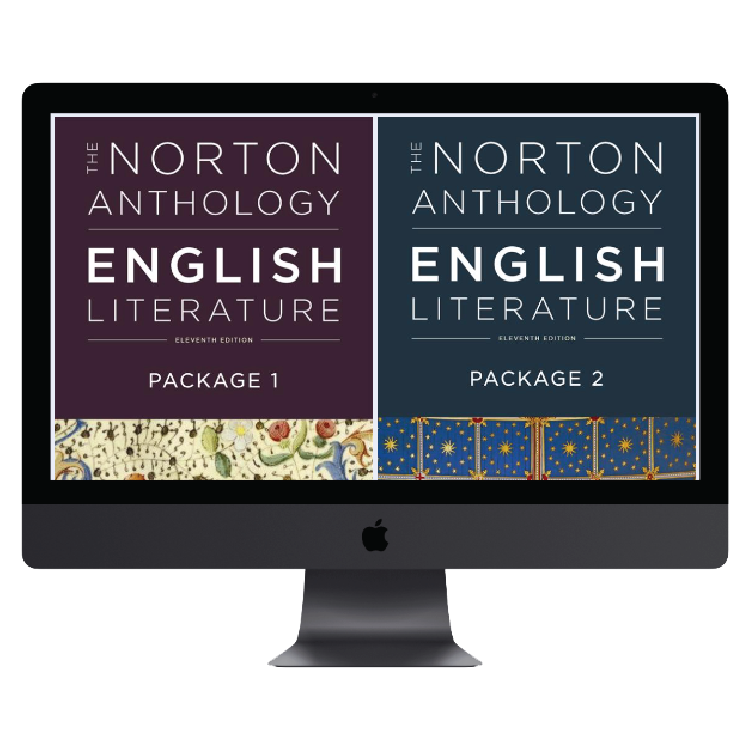
Now available in ebooks for an enhanced—and affordable— reading experience.
The ebooks contain all the selections in the anthology and, when accessed through the Norton Ebook Reader platform, are enhanced with embedded video, audio, and powerful annotation tools for students and instructors.
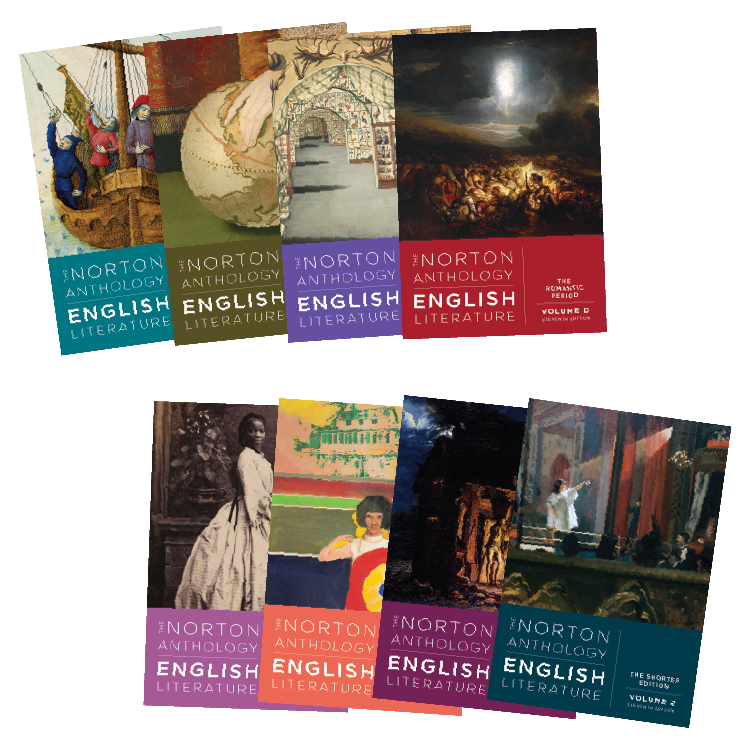
More than 300 new selections in the full edition and 125 in the shorter edition.
The Eleventh Edition represents the most significant revision of the anthology in decades. Each of the new editors undertook a deep review of their period and proposed ways in which the content could be changed to better communicate the realities of literature being of the world—not apart from the world.

Stephen Greenblatt (Harvard University)
General Editor and The Sixteenth Century
Greenblatt is the author of many books, including The Swerve (winner of the 2012 Pulitzer Prize), and serves as General Editor of The Norton Shakespeare. He was president of the Modern Language Association of America and is a fellow of the American Academy of Arts and Sciences.

Rachel Ablow (The University at Buffalo)
The Victorian Age
Ablow specializes in nineteenth-century literature and culture with research and teaching interests in the history and theory of the novel, the history of medicine, and the histories of epistemology, sensations, and emotions. She is the author of The Marriage of Minds and editor of the journal Victorian Literature and Culture.

Julie Crawford (Columbia University)
The Early Seventeenth Century
Crawford works on sixteenth- and seventeenth-century English literature and culture and has written on Shakespeare, John Fletcher, Margaret Cavendish, the Sidneys, Anne Clifford, Margaret Hoby, and Mary Wroth, as well as on post-Reformation religious culture, the history of reading, and the history of sexuality.
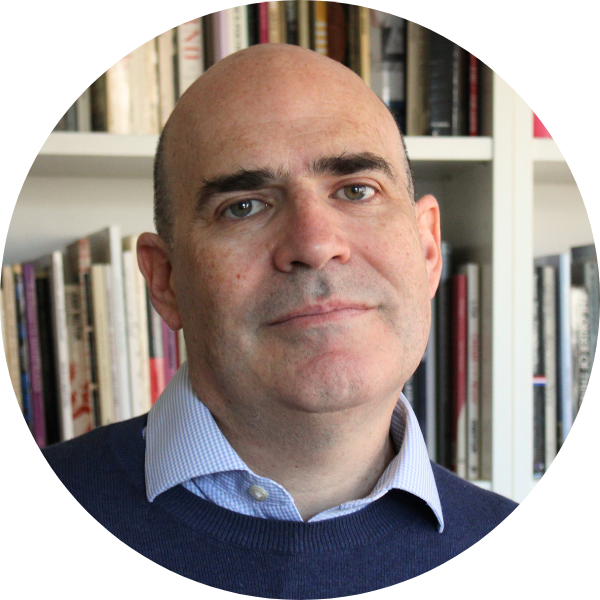
Eric Eisner (George Mason University)
The Romantic Period
Eisner’s teaching and research interests include eighteenth- and nineteenth-century British literature and culture, especially Romanticism, lyric poetry, and the history of authorship and of reading. He is the author of Nineteenth-Century Poetry and Literary Celebrity. He edited a volume of essays on Romantic Fandom in the Romantic Circles Praxis series.
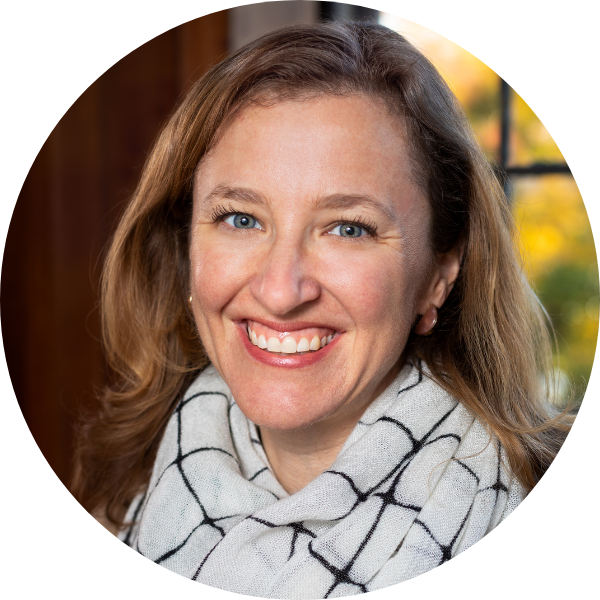
Julie Orlemanski (University of Chicago)
The Middle Ages
Crawford teaches and writes about texts from the late Middle Ages and theoretical and methodological questions in present-day literary studies. She is co-editor of postmedieval: a journal of medieval cultural studies. Her book Symptomatic Subjects: Bodies, Medicine, and Causation in the Literature of Late Medieval England considers embodiment in the historical period just prior to medicine’s modernity.
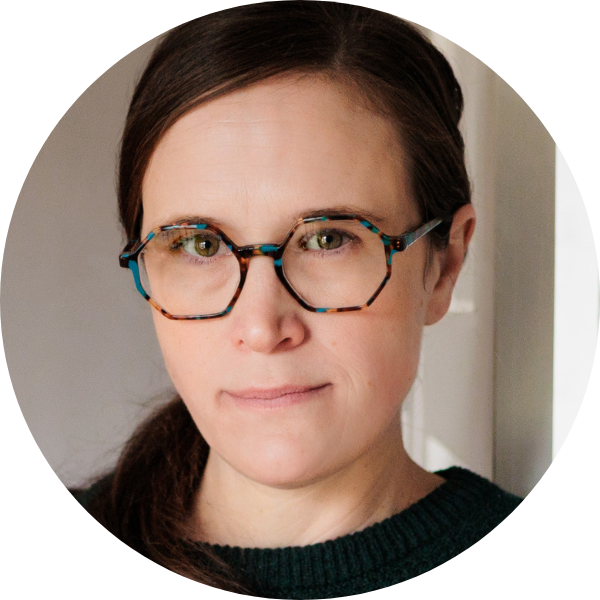
Courtney Weiss Smith (Wesleyan University)
The Restoration and the Eighteenth Century
Weiss Smith’s first book, Empiricist Devotions: Science, Religion, and Poetry in Early Eighteenth-Century England won the Walker Cowen Memorial Prize for outstanding scholarship in eighteenth-century studies. She is currently writing Sound Stuff: Words in Enlightenment Philosophy and Poetics, a history of ideas about poetic sound (including rhyme, onomatopoeia, pun, and polyptoton).
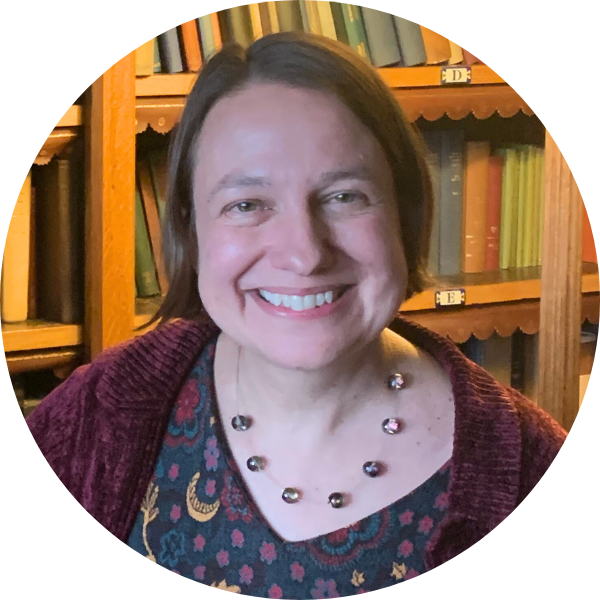
Tiffany Stern (University of Birmingham)
The Sixteenth Century
Stern’s work combines literary criticism, theatre and book history, and editing from the sixteenth to the eighteenth centuries. In particular, she studies the theatrical contexts that brought about plays by Shakespeare and others. As General Editor of the New Mermaids play series and Arden Shakespeare: 4, she looks at the way plays were manifested in manuscript and print.

Aarthi Vadde (Duke University)
The Twentieth and Twenty-First Centuries
Vadde works on Global Anglophone literature and is broadly interested in the relationship of literary history to computational technologies and internet culture. She is also the co-founder of Novel Dialogue, a podcast about how novels are made—and what to make of them.
Copyright © W. W. Norton & Company, Inc. 2026







